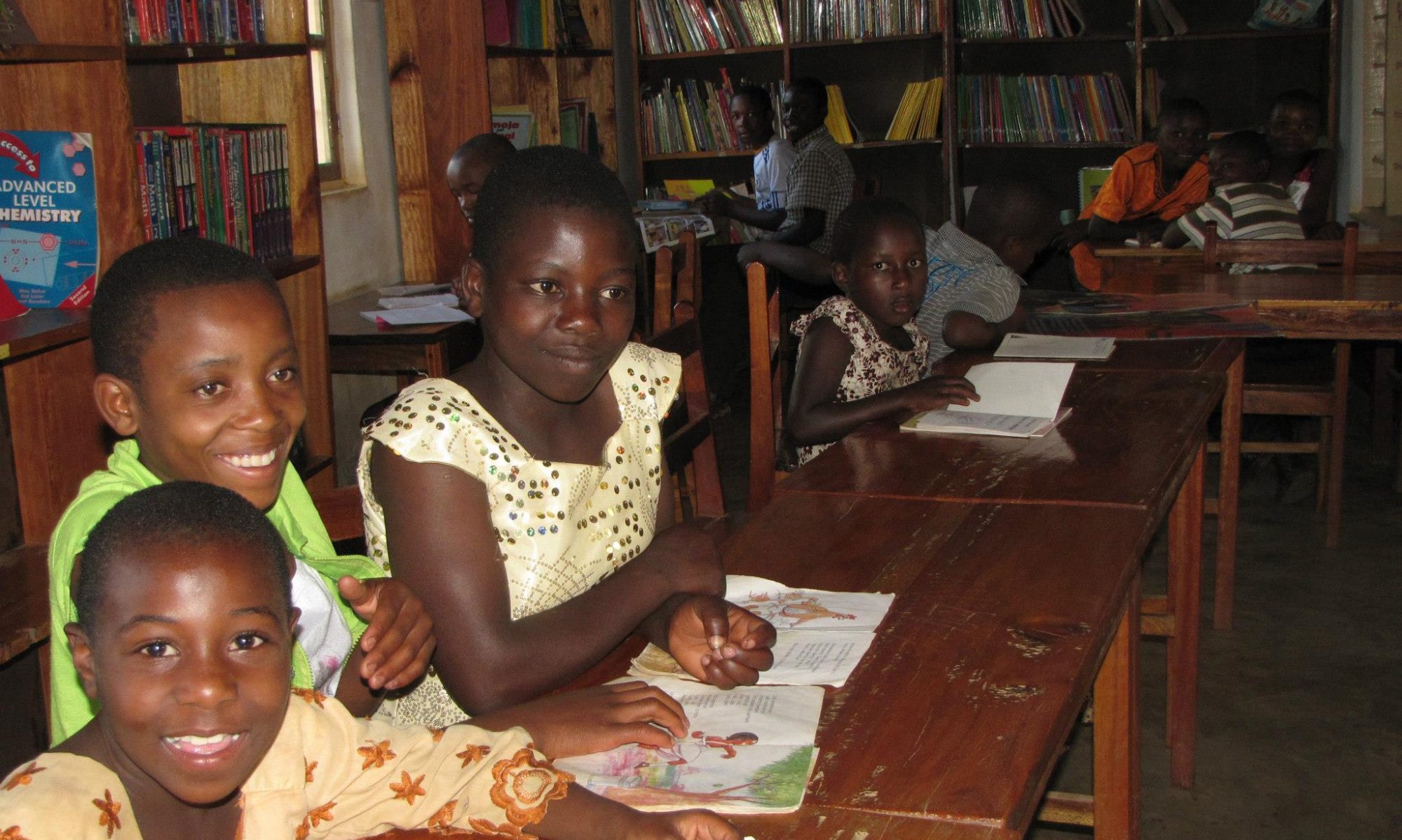Tanzania Pupils Score Well in Recent Reports
Towards the end of 2011 the Southern and Eastern Consortium for Monitoring Educational Quality released a number of reports comparing the results of tests and surveys performed several years ago.
Tanzania’s primary students have performed well in the study comparing 14 countries in Southern and Eastern Africa. Two tests were given to pupils, one in reading (in the language of instruction) and the other in mathematics. In both tests Tanzania ranked third, behind the Seychelles and Mauritius in reading and Kenya and Mauritius in mathematics. This performance is especially good when one considers the fact that the Seychelles and Mauritius are island nations with much smaller populations and better economies.
While I didn’t expect Tanzania to fare so well compared to other nations, some of the other findings of the report made the results even more surprising. For instance, the study found that Tanzanian pupils had the worst access to textbooks. The mean number of days a pupil is absent per month (2.1) was also amongst the highest of the nations in the study. The reading scores of Tanzanian teachers were also slightly below average. GDP per capita was towards the bottom. Only 29% of Tanzanian classes had 40 pupils or fewer, while the mean across all nations in the study was 48%. Pupil to teacher ratio has risen from 47 (in 2000) to 56 (in 2007). It seems that the Tanzanian pupils have been managing to perform better with less resources than pupils from other nations.
Part of the reason noted for Tanzania’s performance in reading is that the language of instruction is Swahili, which is at least used, if not the primary language, in most of the pupils’ households. Most of the other countries in the survey teach their pupils in English, despite the fact that the language is infrequently spoken outside of the classroom setting. The study’s results seemed to show a correlation between average reading scores and the percentage of students speaking the language of instruction at home. Being taught in a more familiar language probably helps the mathematics scores as well, as it would be easier for the pupils to understand the concepts if they know the language better.
While the pupils in Tanzania performed well due to the use of Swahili in primary schools, when the students enter secondary school they struggle with the transition to English as the medium of instruction. The difficulty associated with switching languages is the reason why some people are pushing for using a single language for instruction throughout all levels of education, though there are advocates of using only Swahili (who say that it will foster better performance as shown in this study) as well as proponents of a switch to English in primary schools (by advocates who stress that English is necessary due to its prevalence in international business).

